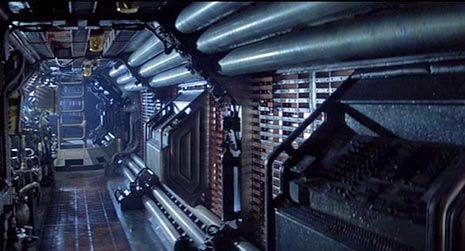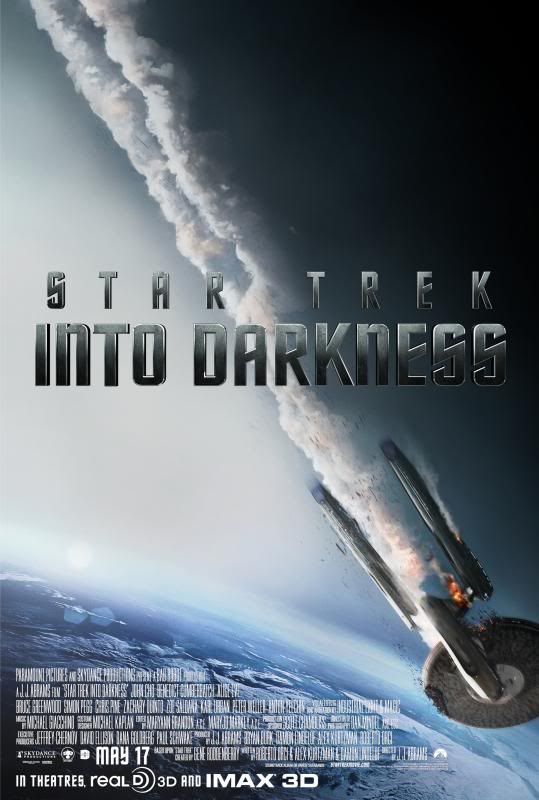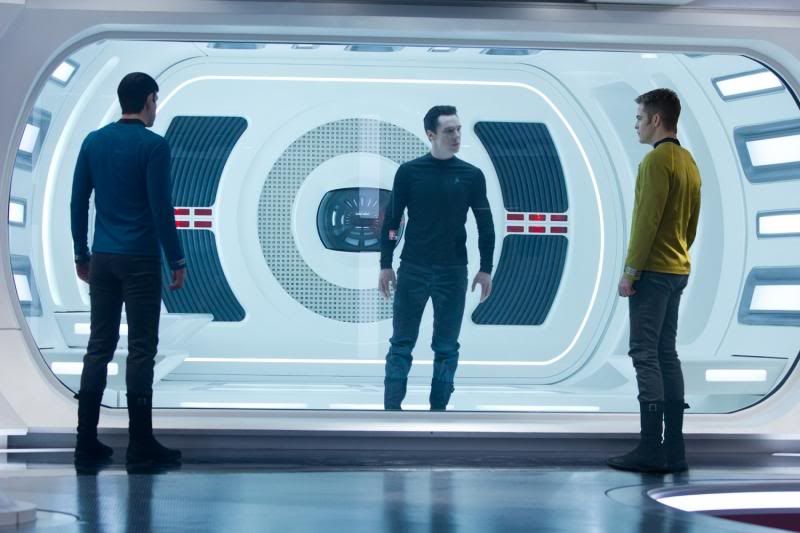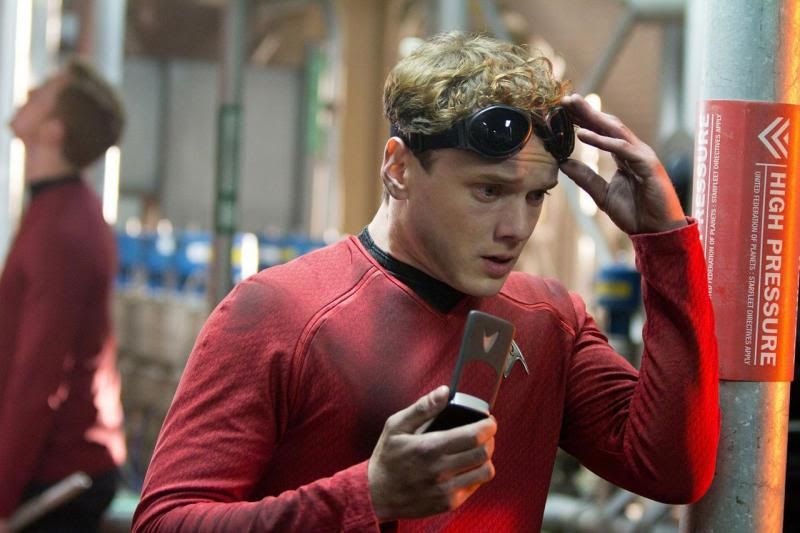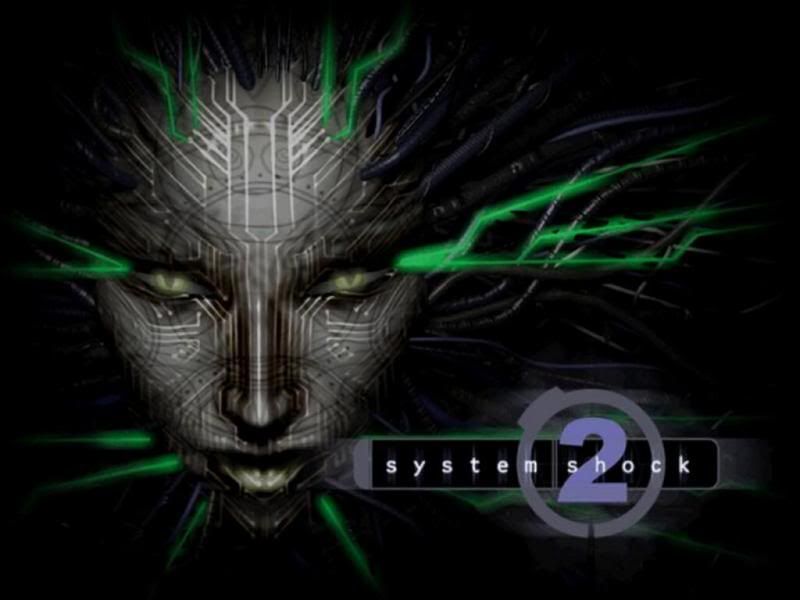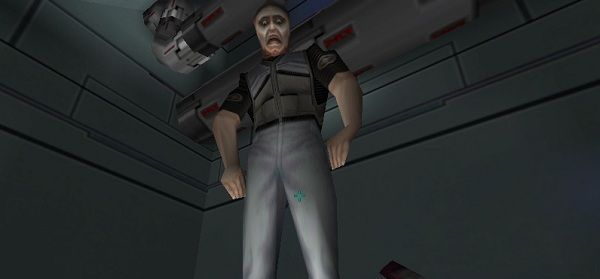I’m no stranger to grand strategy. I grew up learning the ropes in old Avalon Hill wargames, and made the transition easily to so called “4X” games – exploration, expansion, exploitation and extermination – on the PC. Master of Orion was perhaps my favorite of these games, mostly because it was set in space. It’s been a while since anything has come close to the experience that game provided, and while I do appreciate the occasional game of Civilization V, the look and feel of Endless Space made me very excited.
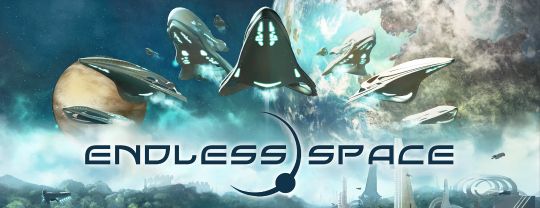
The universe is ancient, vast, and mysterious. Long before any of the Factions that currently seek control of the galaxy left their home worlds for the stars, there were the Endless. While these beings mastered all aspects of knowledge from time-space manipulation to the extension of life itself, they ultimately fell to internal conflict. All that remain of the Endless are their ruined temples, their legacy of expansion and exploration, and the substance known only as Dust. It is Dust that holds the secrets that gave power to the Endless, and it is Dust that the Factions of the galaxy seek to control and understand.
Not since the original Masters of Orion has a strategy game in space given me the dreaded and wonderful “One More Turn” syndrome to this degree. This affliction is most common amongst the players of grand strategy potentate Civilization, and Endless Space conveys that experience beautifully. The organic nature of the clean interface, the ease of moving from technology trees to empire displays to fleet construction, the clip at which notices come in for your attention, the layout of the map and the subtle, atmospheric score all add up to the sort of immersion that will consume your evenings and devour your weekends. You’ll colonize a new world, set up your next tech path, and just before you decide to save and quit, it’ll occur to you that your neighbor is breathing down your neck. So you decide to retool for defense and prepare yourself for a counter-attack, and the next thing you know it’s three hours later and the sun is going to be coming up soon oh bollocks.
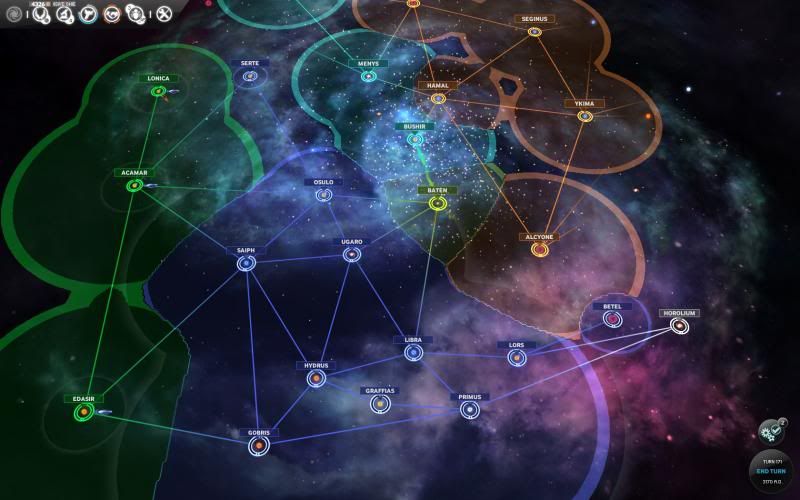
It’s been said the map resembles the Mass Effect galaxy. This is not a bad thing.
As with many other 4X games, Endless Space does not pigeonhole the player into one form of play or another. Military campaigns, diplomacy, economic domination and scientific discovery are all viable paths to victory. If you choose to engage in combat, the game uses an interesting system of action cards for your fleets. You choose the tactics your admirals will employ, hoping that those tactics will counter whatever your opponents choose. While you can’t take direct control of your ships as you could in Master of Orion, the graphics engine still renders the battles elegantly if you choose to view the action. You can have the battle resolve automatically, as well, if you want to move on to your next task.
If I had a complaint about Endless Space, it would be that the game is a little austere. The interface is clean and well-organized, to be sure, but it also lacks a certain amount of personality. While the various screens and commands are not what I would call unfriendly or unwieldy, aspects like the nature of space combat and the diplomacy screens can make you feel removed from the experience. There’s nothing like the ‘conversations’ one had in Master of Orion; you don’t get to see an enemy Faction actually get pissed at you for taking a shot at their fleet. It’s just another notification on the side of the screen, to be read and processed before you move on. As much as it helps the game maintain a steady flow, it removes some of the personality the game could have exhibited.
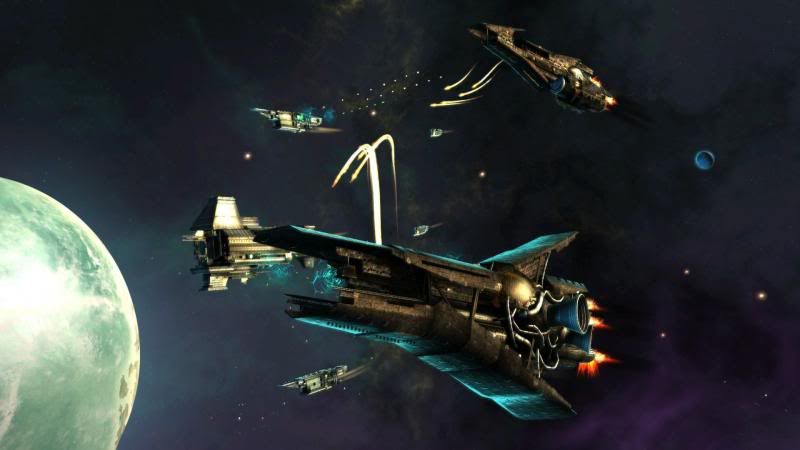
“FIRE EVERYTHING!!!”
That said, I feel confident in recommending Endless Space. I’d do my usual run-down at the end, here, but the fact of the matter is I need to play more of the game before I do that. As it happens, I seem to have played myself into a corner in my current game and it’s time for me to start over. As frustrating as this would normally be, I find myself looking forward to seeing what the new home system looks like, planning out my tech path, and preparing for negotiations and perhaps warfare with neighboring factions. All I need is one more turn. Just one more turn…

